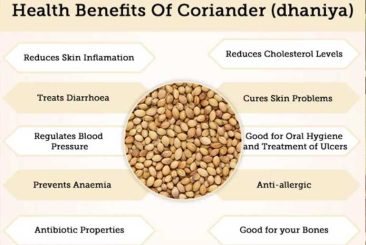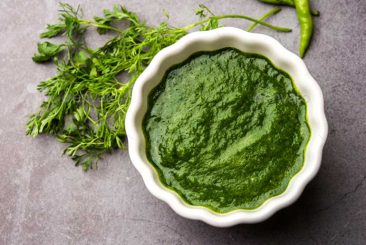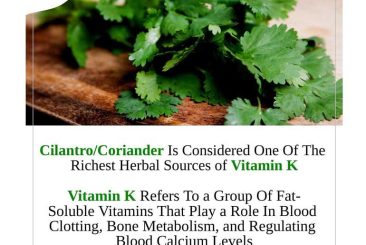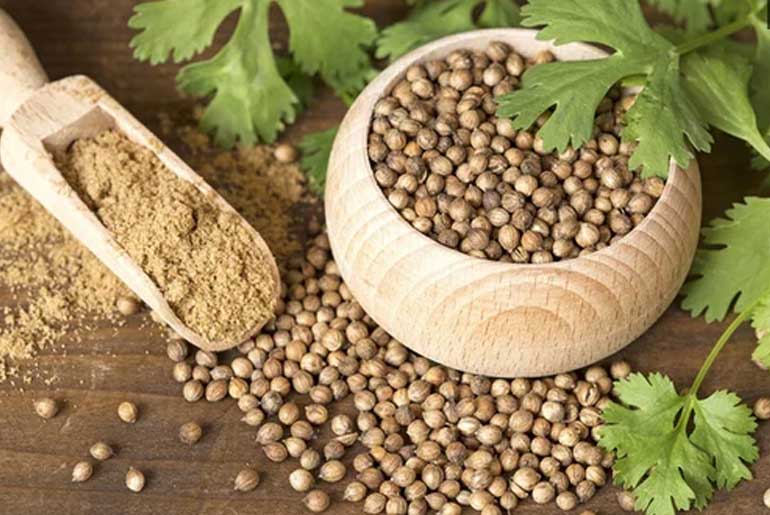Benefits of coriander for reducing bad cholesterol:
Coriander, also known as cilantro, is a herb and spice that has been associated with potential benefits for reducing bad cholesterol (LDL cholesterol) levels. While more research is needed to fully understand its mechanisms, here are some of the ways in which coriander may contribute to cholesterol management:

Rich in Antioxidants: Coriander contains antioxidants, including flavonoids, polyphenols, and phytonutrients. These compounds may help reduce oxidative stress in the body, which can contribute to the formation of LDL cholesterol and atherosclerosis.
High in Dietary Fiber: Cilantro leaves and seeds are a good source of dietary fiber. Dietary fiber can help lower cholesterol levels by binding to cholesterol molecules in the digestive tract and preventing their absorption into the bloodstream.
May Lower Total Cholesterol: Some studies suggest that cilantro may have a positive effect on reducing total cholesterol levels. This reduction in total cholesterol is often associated with a decrease in LDL cholesterol.
Potential Hypolipidemic Effects: Hypolipidemic substances are compounds that help lower lipid levels in the blood. Coriander seeds have been investigated for their potential hypolipidemic effects, which may include reducing LDL cholesterol.
Anti-Inflammatory Properties: Chronic inflammation is linked to high cholesterol levels and the development of heart disease. Coriander has anti-inflammatory properties that could help reduce inflammation and its associated impact on cholesterol metabolism.
Supports Digestive Health: Coriander has been traditionally used to aid digestion. Improved digestion can indirectly impact cholesterol levels by enhancing nutrient absorption and overall metabolic health.
Coriander, also known as cilantro in some parts of the world, is indeed a versatile herb appreciated for its culinary uses and potential health benefits, including its role in managing high cholesterol levels. This herb has a rich history of traditional and medicinal use, and it continues to be valued for its various properties.
Coriander as ancient remedy:
Coriander has a long history as an ancient remedy, and it was highly valued for its various therapeutic and culinary uses in many ancient civilizations. Here are some fascinating historical aspects of cilantro’s role as an ancient remedy:
Egyptian and Greek Use: Both the ancient Egyptians and Greeks recognized the medicinal properties of coriander. They used it to address a range of health issues, including digestive disorders and high cholesterol. Coriander was considered a valuable herbal remedy in their medical traditions.
Roman Culinary and Aromatic Use: In ancient Rome, coriander was not only appreciated for its medicinal properties but also for its culinary applications. Romans used coriander to flavor their bread, and it was a common ingredient in their cuisine. Additionally, coriander was used as an aromatic and carminative, helping to alleviate digestive discomfort.
Babylonian Gardens: Legend has it that cilantro was used to perfume the gardens of Babylon, a city known for its hanging gardens and advanced horticultural practices. This demonstrates the cultural significance of coriander as an aromatic herb even in ancient times.
Mediterranean Empires: Throughout the ancient Mediterranean empires, including those of the Egyptians, Greeks, and Romans, coriander had multiple purposes. It was used both in the kitchen and for medicinal applications. It also had ritual significance, being incorporated into various cultural practices and ceremonies.
Egyptian Wine and Baths: The ancient Egyptians incorporated coriander into their culinary practices by infusing wine with it. Additionally, they used coriander in their cuisine, adding it to various dishes. Coriander was even used in baths to help alleviate fevers, reflecting its versatility as a medicinal herb.
How to add coriander to your diet for cutting cholesterol:
Coriander into your diet can be a flavorful and nutritious way to potentially help manage cholesterol levels. Here are some creative and delicious ways to add cilantro to your meals:

Fresh Herb Garnish: Finely chop fresh coriander leaves (cilantro) and use them as a garnish for salads, soups, curries, and rice dishes. This not only adds a burst of fresh flavor but also provides the potential health benefits of cilantro.
Salsas and Chutneys: Prepare homemade salsas or chutneys using coriander leaves, tomatoes, onions, and other fresh ingredients. These condiments can be a tasty addition to grilled meats, seafood, or as a dip for whole-grain crackers.
Coriander Pesto: Create a coriander pesto by blending cilantro leaves with garlic, nuts (such as almonds or pine nuts), Parmesan cheese (or a suitable vegan alternative), olive oil, and a squeeze of lemon juice. Use it as a pasta sauce or a spread for sandwiches.
Coriander Rice: Add fresh coriander leaves to cooked rice along with some lime or lemon zest for a citrusy and herbaceous flavor. It pairs well with a variety of dishes.
Coriander Seeds in Spice Blends: Incorporate coriander seeds into your homemade spice blends. Ground coriander is a common component of many spice mixes used in Indian, Mexican, and Middle Eastern cuisines.
Coriander-Crusted Fish or Chicken: Crush cilantro seeds and use them as a crust for baked or pan-seared fish or chicken. The aromatic and slightly citrusy flavor pairs wonderfully with these proteins.
Coriander in Smoothies: If you enjoy green smoothies, add a handful of fresh coriander leaves to your blender. Combine them with fruits, yogurt, and some honey for a nutritious and refreshing drink.
Coriander Tea: Prepare cilantro tea by steeping cilantro seeds in hot water. This can be a soothing and herbal beverage to include in your daily routine.
Coriander Marinades: Create marinades for meats and vegetables by blending coriander leaves with garlic, ginger, yogurt, and spices.
Coriander in Stir-Fries: Toss coriander leaves into vegetable or protein stir-fries during the last moments of cooking for a burst of fresh flavor and aroma.
Remember that while incorporating cilantro into your diet can be beneficial for potential cholesterol management, it’s just one part of an overall heart-healthy diet. Be sure to maintain a balanced diet that includes whole grains, fruits, vegetables, lean proteins, and healthy fats.
facts about coriander:

Rich in Vitamin K: Coriander seeds are a rich source of vitamin K, which is essential for blood clotting.
High Vitamin K Content: A 100-gram serving of cilantro seeds provides an impressive 295% of the daily recommended intake of vitamin K.
Traditional Digestive Remedy: Coriander seeds have a history of use as a traditional remedy for digestive issues like indigestion and bloating.
Antimicrobial and Antioxidant Properties: The essential oil extracted from coriander seeds has been studied for its potential antimicrobial and antioxidant properties, which may have various health benefits.
Health benefits of coriander:
• Improves immunity
• Reduce blood sugar
• Reduce LDL
• Fortifies bone health







